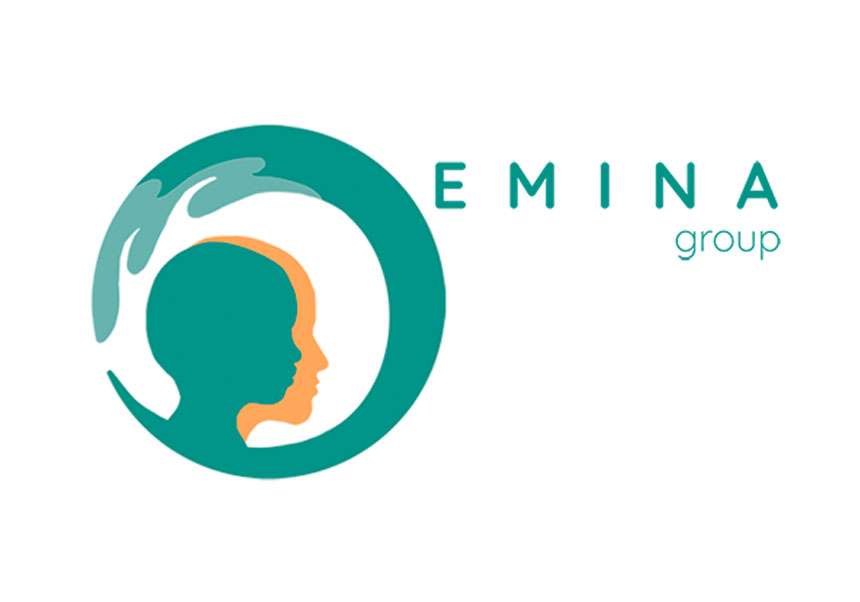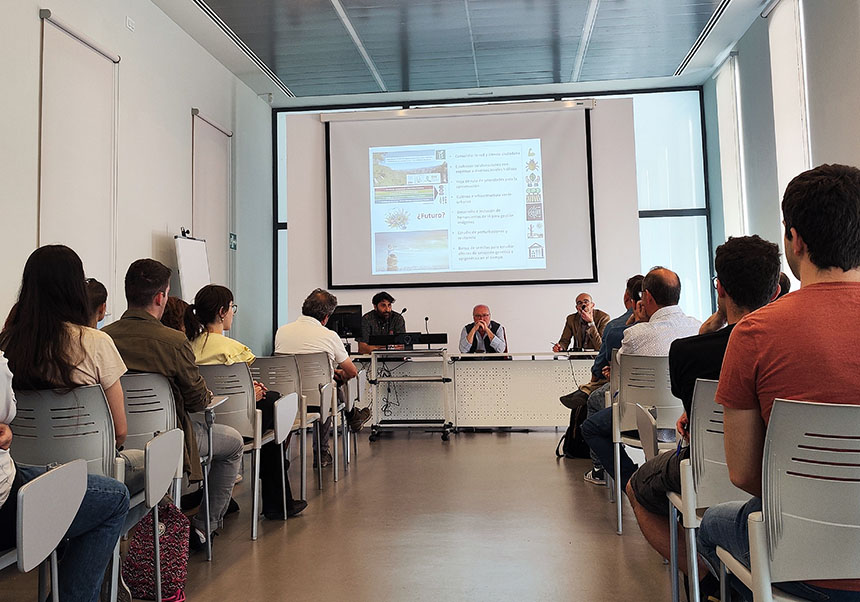A psychoeducational mental health intervention with 18- to 29-year-old university students reduced suicide stigma
- Scientific Culture and Innovation Unit
- May 7th, 2024

Researchers from the universities of Valencia (UV), Miguel Hernández (UMH), Rey Juan Carlos (URJC) and ESIC have published a study confirming the benefits of implementing an online intervention programme based on mental health psychoeducation and suicide risk prevention for emerging adults (18-29 years old) studying at university. The research has been published in the journal Current Psychology.
Emerging adulthood is a time of significant emotional, social, academic and occupational changes, which can often lead to high levels of stress and mental health issues. It varies across cultures, but it is the time when individuals become self-reliant, engage in mature and committed relationships, take on adult roles and responsibilities and lay the groundwork for their careers.
Suicide is a global public health problem, with approximately 700,000 deaths attributed to suicide each year worldwide (World Health Organization (WHO), 2021). In 2021, there were 4,003 deaths by suicide in Spain, of which 316 occurred in people aged 15 to 30 (National Statistics Institute (INE), 2021). Although suicide is more common among males, females have higher rates of suicidal ideation and behaviour.
In terms of suicide risk, approximately one third of participants (33.9%) reported having had suicidal thoughts. Additionally, 64.9% mentioned having a close person who exhibited suicidal behaviour or expressed suicidal thoughts, and 15% had experienced a close loss as a result of it. Regarding participants' mental health history, 11.8% currently experience mental health problems, while 18.3% have experienced this type of problems in the past.
The results of the study showed that, following the intervention, participants exhibited a reduction in the stigma associated with mental health and suicide, an improved knowledge and more adaptive attitudes towards suicide. In addition, significant changes in the expected direction were observed in several psychological variables, such as self-esteem, resilience, emotional regulation, anxiety, depression, stress and suicide risk.
According to the study researchers, these findings suggest that we need to integrate psychoeducational interventions and suicide prevention programmes into university curricula to promote mental well-being and address suicide risk among the emerging adult student body. In addition, it has also been demonstrated that online interventions have the potential to reach all kinds of people, including those with limited access to traditional mental health services.
The EMINA research group has a track record of over 10 years analysing, evaluating and intervening in emotional aspects, which are fundamental for the healthy development of people. This research is supported by funding from the Ministry of Science and Innovation and the UV through the educational innovation project "Breaking taboos about suicide: promoting interdisciplinary university education".
Article: Pérez-Marín, M., et al. (2024). «Mental health promotion and suicide prevention in emerging adulthood: importance of psychoeducational interventions in University students». Current Psychology, 1-13. https://doi.org/10.1007/s12144-024-05932-7
















